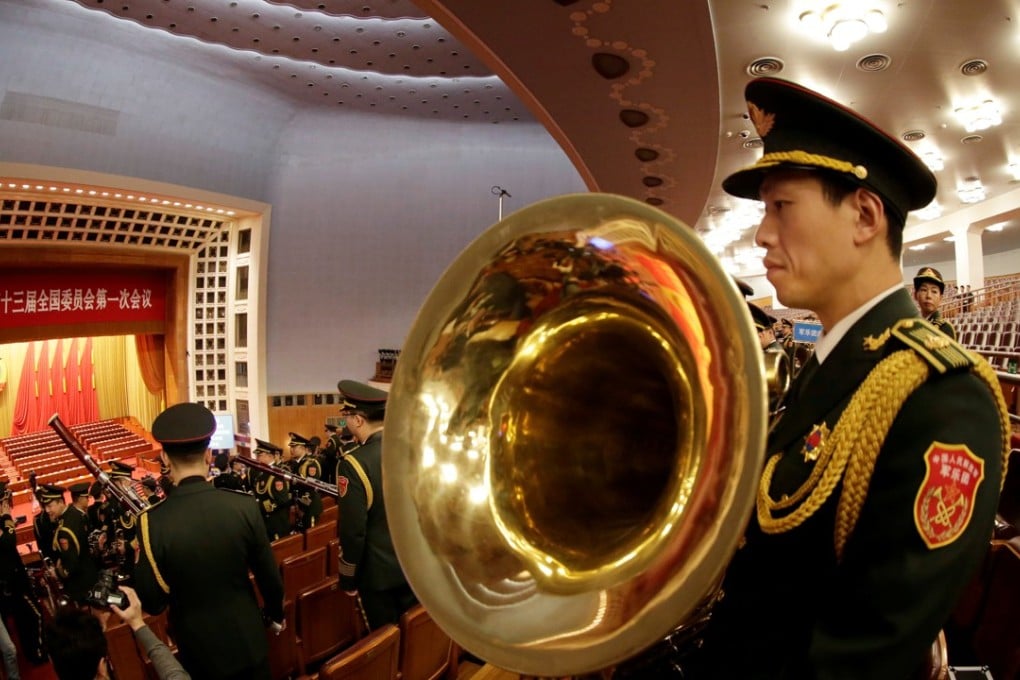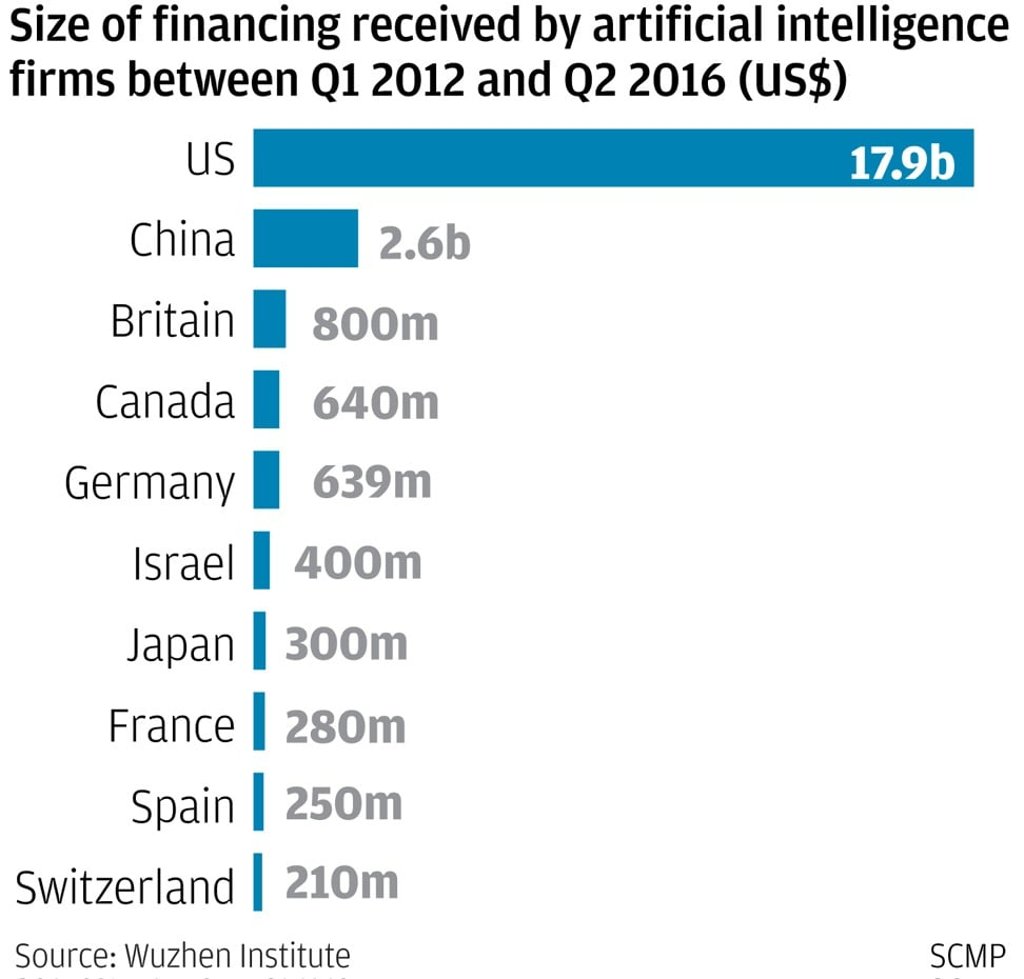Tech entrepreneurs replace real estate tycoons as political advisers in China’s push for IT edge
Almost every new face among the 2,158 delegates debuting as advisers in the Chinese People’s Political Consultative Conference hails from a technology firm

Technology entrepreneurs are having a stronger presence in China’s political scene like never before, underscoring the ambitious programme by the government of the world’s second-largest economy to gain an edge in every technological field from artificial intelligence to big data and robotics.
Almost every new face making their debut as advisers representing the business sector of the Chinese People’s Political Consultative Conference, as the 2,158-member advisory body in the bicameral legislature is called, hails from a technology company. They are supplanting property tycoons, senior cadres of state-owned industries and princelings - as the children of revolutionaries who helped the Communist Party gain power in 1949 are called.
“The move reflects the party’s commitment to economic transformation based on industrial upgrading and technological innovation,” said Sun Xin, lecturer in Chinese and East Asian business at the King’s College in London. “Traditional sectors such as real estate and energy are often deemed to be closely associated with corruption. With the party’s anti-corruption effort still running strong, there’s less enthusiasm about nominating new candidates from the related sectors.”
There’s Richard Liu Qiangdong, founder and chairman of one of China’s largest e-commerce operators JD.com, nominated for the first time to represent the industrial and commerce alliance. There’s also Ding Lei, founder and chairman of the country’s second-largest mobile game publisher NetEase, selected to represent the news and publishing industry. Zhou Hongyi, whose wealth just surged by an estimated US$12 billion after transferring the listing of his cybersecurity business Qihoo 360 from the New York exchange to Shanghai, is representing the Jiushan Society, one of China’s eight legally recognised political parties, dominated by the Communist Party.
Another new face is Neil Shen, one of the founding partners at Sequoia China, a venture capitalist whose early investments in such companies as Alibaba Group Holdings helped define the country’s boom in internet-related businesses. Pony Ma Huateng, founder and chairman of gaming and social network operator Tencent - with almost 1 billion users on his WeChat network and 200 million people playing his Honour of Kings mobile game - is a delegate representing Guangdong province in southern China.

